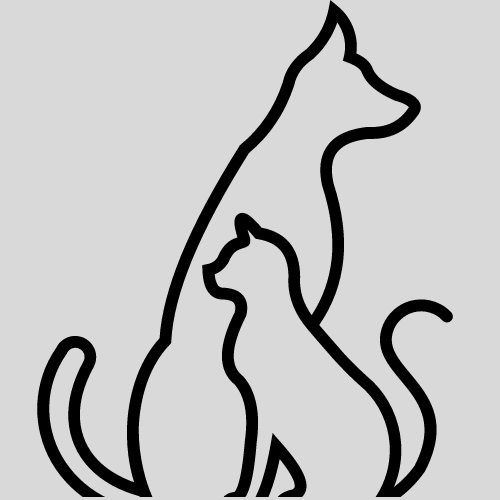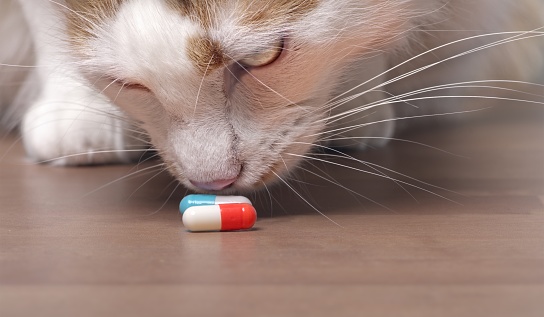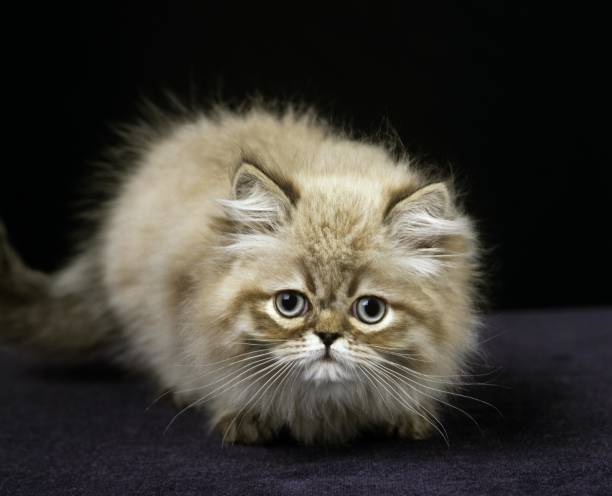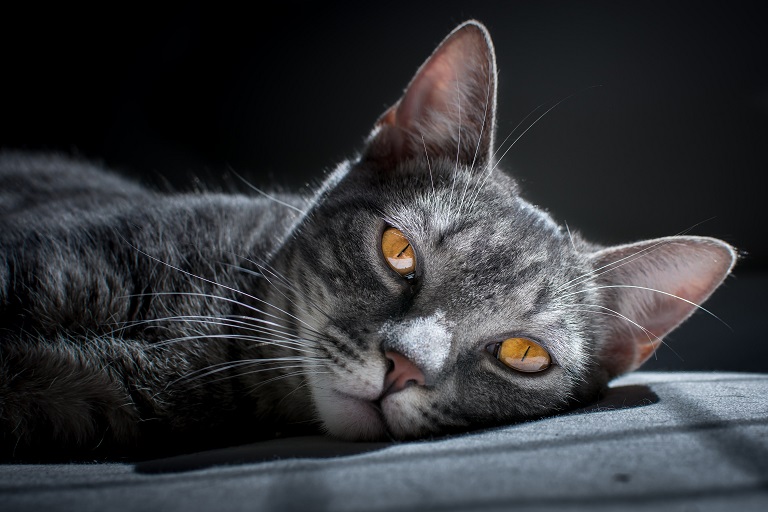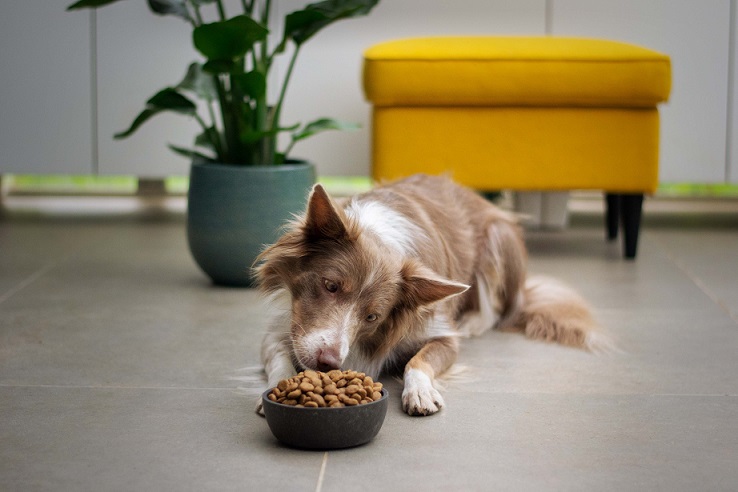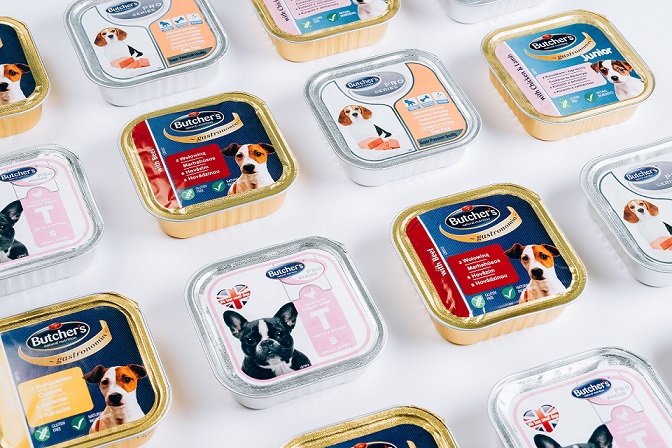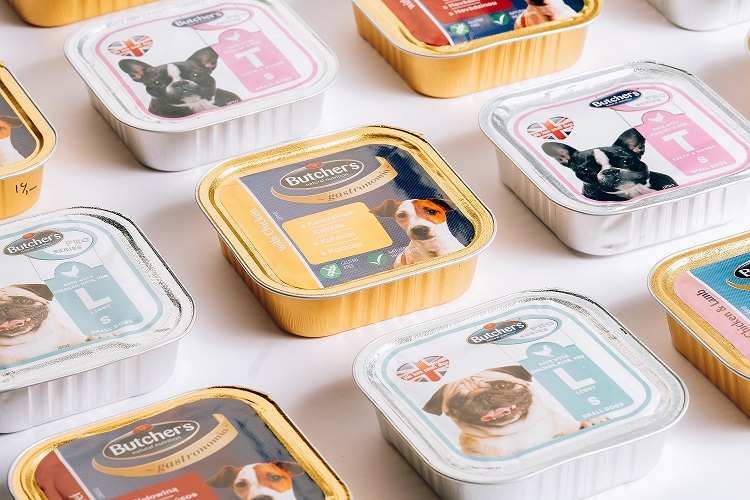Food Allergies in Cats are a serious problem that can cause severe health issues for cats. This article lets you in on 11 Food Allergies in Cats that you should know about in 2022.
Food Allergies in Cats
Food allergy refers to an allergic reaction or adverse food reactions to certain proteins found within food. What causes food allergies in cats? Cat food allergies can develop at any time during a cat’s life, typically causing chronic itching and skin inflammation. Cat food allergy is diagnosed by performing a food or diet trial and managed through the long-term feeding of a food that does not trigger an allergic reaction or some adverse food reactions. Food allergies for cats are a common cause of itching and skin inflammation in cats, as well as other signs such as chronic ear infections. If you are wondering how do food allergies present in cats, some of the symptoms of food allergy include:
Skin flaking or scabs;
Itching; and/or
Hair loss around the neck
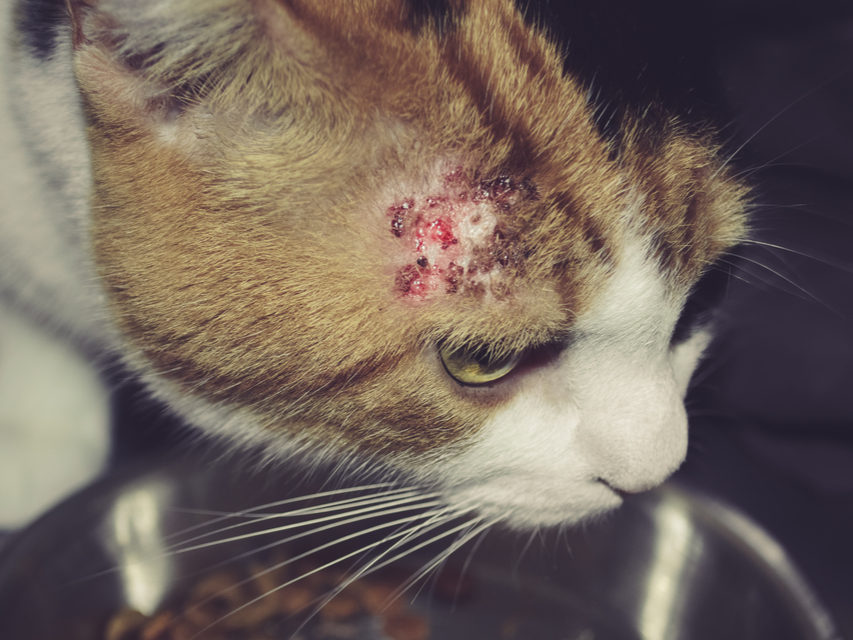
Cats suffering from cat food allergies are so itchy that they often overgroom themselves, causing significant trauma to their skin (wounds, abrasions) and hair loss. these are some of the cats food allergies symptoms. In some cases, cats with food allergies or adverse food reactions develop gastrointestinal signs such as diarrhea or vomiting, together with skin symptoms. They may develop itching around the rectum, which leads to scooting. Foods that cats are allergic to may also have frequent bowel movements or strain when defecating.
In answering the question of what food allergies can cats have, this article will examine the most common Food Allergies in Cats in the following:
These are the 11 Food Allergies in Cats that You should Know in 2022
- Artificial Coloring
- Corn Products
- Dairy Products
- Meat Byproducts
- Eggs
- Preservatives
- Seafood
- Soy Products
- Wheat Gluten
- Raw/Undercooked Meat
- Chicken-based Meals
Artificial Coloring
Artificial food coloring, also called dyes or synthetic colors, are chemicals that are added to cat foods to make them look more appealing visually. For example, Fancy Feast has a purple dye in their Perfectly Paw some Chicken Recipe Entrée that makes the food look like blood or blood-like color. The negative effect of using artificial food coloring occurs when cats eat too much at one time. This can cause health problems because they contain high levels of chemicals.
The artificial dye ingredients can cause allergic reactions in cats. Cats are more sensitive to the effects of artificial dyes than dogs because they have a lower body temperature. The dye can cause allergic reactions in cats, and the symptoms may include Itchy skin.
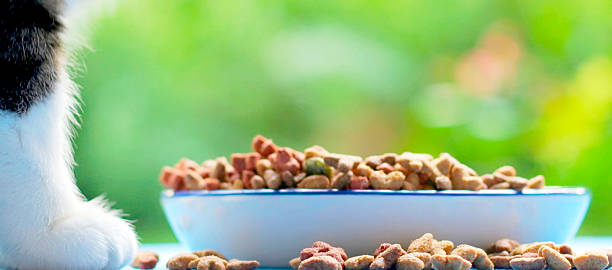
Corn Products
Cornmeal is often used as inexpensive fillers in cat foods. The flour is typically wheat, which is high in carbohydrates and not very nutritious for cats. Although this food contains no chicken ingredients, it does contain soybeans and fish meal ingredients which could cause allergic reactions or upset tummies if they’re fed too often. If you observe any grain allergy in cats, please consult their veterinarian before introducing new foods into the diet. You could try food allergy testing for cats to be sure about what you observe.
Unfortunately, many cats are allergic to corn. If your cat is allergic, make sure you try other foods first before you turn to home-cooked meals. Try adding a few drops of food-grade essential oils to the meal as well. A reaction to cornmeals in cats often manifests as itchy and flaky skin.
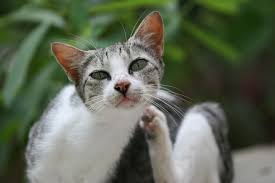
Dairy Products
Despite what popular ideas suggest, most cats don’t have enough lactase enzymes to properly digest dairy products in large quantities. Moreover, some cats do have a difficult time digesting milk, especially if they are not used to it or if their diet is low in calcium content. If your cat is lactose intolerant, you may want to try giving her a powdered milk product that contains lactase. This will make the milk easier for her to digest.
The symptoms of dairy-related food allergy often include nausea or vomiting and diarrhea. Other symptoms may include the following: Diarrhea or constipation.
Meat Byproducts
Meat byproducts such as ground-up hooves, tails, and lips can often be contained in commercial pet foods that when they are fed to your cats for a long time, can result in food allergy. In addition, many commercial cat foods and beef dairy contain various byproducts of other animals that may also cause allergies in cats. These include the hair and feathers from rabbits, horses, and chickens.
An estimated 10-15 percent of felines develop gastrointestinal symptoms of vomiting and diarrhea, indicating a meat protein allergy.
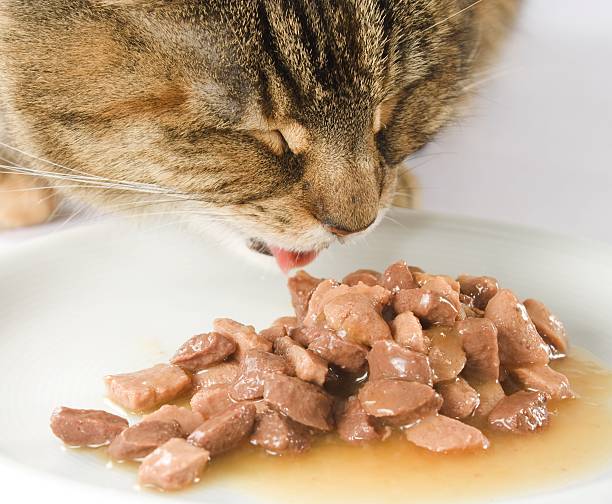
Eggs
Cat food companies use eggs for added protein, but some cats will have allergies to the egg yolks or whites. For example, my cat has a severe allergy to egg whites. So, I avoid feeding her eggs. What are the best foods for your cat? It depends on your cat and its age and lifestyle. If you have a kitten or an older cat who needs more calories, then food items that contain animal protein like meat (not from fish) would be great options for them. You will however need to watch canned food especially because many include eggs.
Preservatives
Pet food companies use artificial preservatives to prolong the life of cat foods. Some experts believe that these artificial preservatives, like BHA and BHT, may be carcinogens, and they may cause a cat food allergy or cat food allergies if cats eat them frequently enough. If your cat has allergic reactions after eating a certain food brand, try mixing in homemade foods to see if that works better for you – this way you can avoid store-bought pet snacks altogether.
Seafood
Fish is one of the leading causes of cat seafood allergy. If you suspect that your cat has a fish allergy, switch him to venison or duck-based foods rather than seafood-based foods. You may also want to attempt a diet trial to determine what is healthy for your cat.
Soy Products
Soy is added to cat food for protein benefit, but it’s a plant product and unnecessary to a cat’s health. The possibility of allergic reaction to soy makes it an ingredient to avoid. There are a lot of other protein sources that are better for cats. It is important to remember that cats don’t have the same nutritional needs as people do; so, there is no need to add an excessive quantity of soy to cat food, particularly when the protein needs of your cat can be provided through better sources.
Wheat Gluten
Like corned beef, wheat gluten, which can cause cat gluten allergy, is used by many pet food companies as a filler in many cat food brands. Many cats are allergic to wheat products and it’s best avoided by people who want healthy pets, particularly when we observe wheat allergy in cats.
Raw/Undercooked Meat
When you feed a raw food diet, which is high in protein, your cat can develop an allergy to one of the proteins in their raw food diet that is constantly fed them. The most common proteins they can become allergic to include chicken, beef, lamb, dairy, fish and eggs.
Chicken-based Meals
Allergies from chicken-based meals happen to be one of the most commonly reported food allergies in cats. If your cat has been diagnosed with a food allergy as a result of eating chicken, you will want to avoid feeding any food that contains chicken protein or chicken fat.
While the overall percentage of cats that have food allergies is low, some ingredients are associated with more confirmed cases than others.
Final words
For some final words, though many veterinarians say that about 50 percent of their cat patients are allergic to some type of food, cat owners should watch what they feed their cats and for how long they feed them with particular diets. And if you are wondering how to prevent food allergy in your cats, MODERATION that informs a balance in their diet is the watchword.
So, diets that contain any ingredient that causes your cat to develop food allergies such as wheat, corn, soy, and beef protein sources; eggs; dairy products (milk); chicken byproducts; artificial preservatives such as BHT (butylated hydroxyanisole), BHA (butylated hydroxytoluene), ethoxyquin, nitrates/nitrites, and sulfites; sweeteners like sucralose, should be feed with moderation, if at all you would feed such meals to your cats of interests. Indeed, as a cat owner, you should know what to feed your cat with. To ensure your cats are getting all the nutrients they need, we recommend feeding them an appropriate diet based on their age, size, and activity level – just like people do!
If you find this post helpful, I would like to hear from you about what you think about minimizing the quantity of store-preserved foods that we feed our cats. Is a homemade diet trial better?
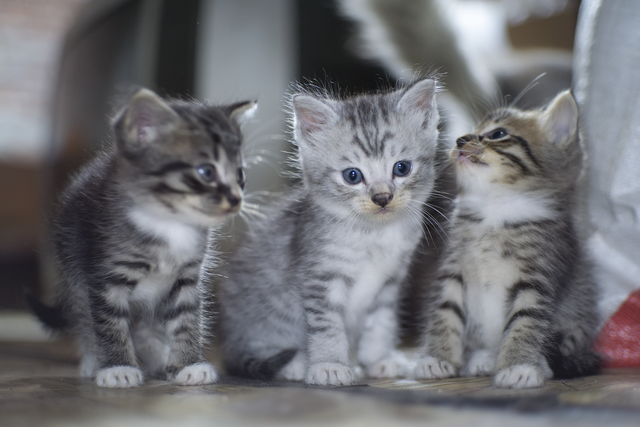
“And if you are wondering how to prevent food allergy in your cats, MODERATION that informs a balance in their diet is the WATCHWORD. “
Leave your response in the comments section
